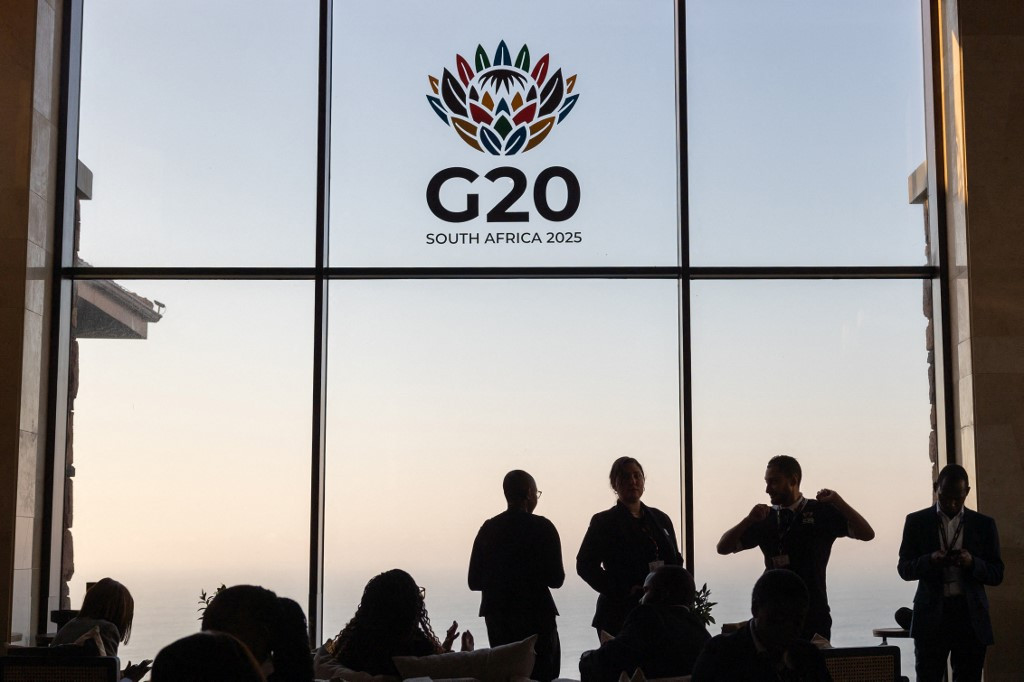G20 Finance Leaders Reaffirm Central Bank Independence Amid Global Economic Uncertainty

Johannesburg, South Africa – In a significant show of unity amidst a backdrop of global economic headwinds, G20 finance chiefs have issued a strong endorsement of central bank independence. This marks their first official communique since October, a period preceding the significant shifts in trade policy initiated by the US administration, which subsequently led to a protracted trade war.
The communique, released recently, underscores the growing concerns regarding the fragility of the global economy. Ministers and central bankers attending the G20 meeting highlighted a range of factors contributing to this uncertainty, including geopolitical tensions, ongoing trade disputes, and the potential for unforeseen economic shocks. The emphasis on central bank independence comes as a reassuring signal to markets and investors, reinforcing the importance of monetary policy decisions being made free from political interference.
Why Central Bank Independence Matters
Central bank independence is widely regarded as a cornerstone of sound economic management. It allows central banks to make decisions based on objective economic data and analysis, rather than short-term political considerations. This is crucial for maintaining price stability, managing inflation, and fostering sustainable economic growth. When central banks are perceived as being beholden to political agendas, it can erode confidence in their ability to effectively manage the economy.
The reaffirmation of this principle is particularly relevant given the recent history of tensions between governments and central banks, notably in the United States where the Federal Reserve’s actions have faced scrutiny and criticism from the White House. The G20’s statement can be interpreted as a collective pushback against such interference and a reaffirmation of the importance of allowing central banks to operate with autonomy.
Addressing Global Economic Challenges
Beyond the focus on central bank independence, the communique also addressed a broader range of economic challenges. Discussions centered on the need for coordinated policy responses to mitigate risks and support sustainable growth. Key areas of concern included:
- Trade tensions: The communique acknowledged the disruptive impact of trade disputes and called for a rules-based trading system.
- Debt sustainability: Concerns were raised about rising debt levels in some countries, particularly emerging markets.
- Financial stability: The importance of maintaining robust regulatory frameworks to prevent financial crises was emphasized.
Looking Ahead
The G20 finance chiefs’ communique serves as a vital reminder of the interconnectedness of the global economy and the need for international cooperation to address shared challenges. The reaffirmation of central bank independence, coupled with the focus on coordinated policy responses, signals a commitment to navigating the current period of uncertainty and fostering a more stable and prosperous global economy. However, the effectiveness of these efforts will depend on the willingness of individual countries to implement the agreed-upon measures and to work together to resolve outstanding trade disputes and other economic imbalances.
The coming months will be crucial in determining whether the G20’s message is heeded and whether concerted action can effectively address the headwinds facing the global economy.






